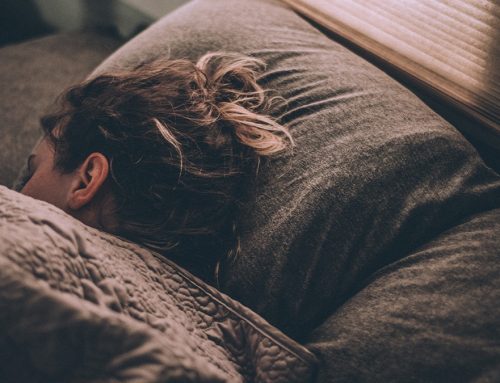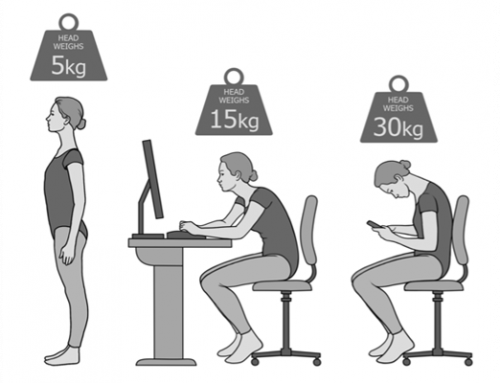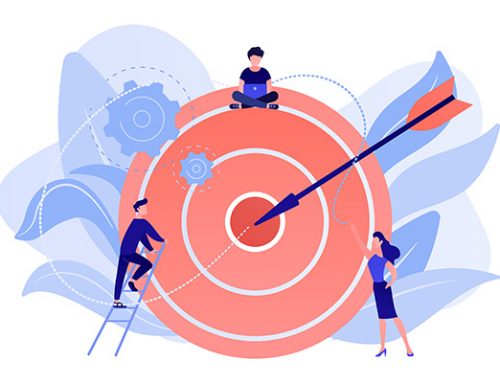Feeling anxious from time to time is perfectly normal but for lots of us, anxiety can become a daily occurrence that impacts our wellbeing and satisfaction with life. While it’s important to seek professional support if you’re noticing stress and anxiety, there are some things you can do starting now to feel calmer and clearer right away:
1. Spend time in nature
Spending time away from the hustle and bustle has been found to decrease anxiety by lowering blood pressure and levels or cortisol, the stress hormone. It can be easy to spend our lives indoors so make time to get outside – try a walk on the beach, a hike in the nearest forest on the weekend and taking your lunch break in the nearest park.
2. Have a great evening routine
Anxiety and stress can certainly make it difficult to fall asleep at night, or cause a few hours of fretful wakefulness in the early hours. Having a great evening routine sets you up for the best sleep possible. Think about how you can relax and wind down in the hour before bed – try dimming lights, taking a warm bath or shower, diffusing calming essential oils and reading a novel and you might enjoy a more peaceful slumber.
3. Exercise
Exercise doesn’t just benefit your physical health, it has great benefits for your mental health too – regular exercise has been associated with lower levels or neuroticism, anxiety, and depression. When you’re not feeling great it can be hard to get motivated so enlist the help of a supportive gym buddy, sign up with a personal trainer, or join a social sport team to keep you on track.
4. Limit caffeine
Removing caffeine from the diets of people suffering with anxiety disorders has been found to reduce their feelings of anxiety and panic. As a stimulant, caffeine activates the same nervous system response as our ‘fight and flight’ or stress response so it’s no surprise it’s not our friend when we’re feeling anxious or stressed. Experiment with the effect caffeine has on you by eliminating it for a week and seeing if you notice a difference – switch your normal coffee for decaf or a healthy smoothie and try sparking water instead of caffeinated soft drinks.
5. Meditate
Mediation is a great way to train your mind to relax and stay in the present moment and when you meditate regularly, you’re working to rewire your brain so it’s less prone to experience overwhelming anxiety and stress. All it takes is 10 minutes each day to pause and notice your thoughts and watch your breathing – try guided meditations or meditation apps to keep you on track.
6. Journal
Often anxiety is accompanied by rumination – going over and over anxiety producing thoughts in our mind. This is often problem based thinking that doesn’t look for effective solutions. By writing our anxious or stressed thoughts down, we’re able to get some perspective and start looking for proactive solutions and people who spend 20 minutes a day journaling have been found to experience lower levels of stress, anxiety, and depression after two months than a control group.
7. Laugh
How good is that feeling after a good laugh?! More than just an enjoyable way to spend time, having a good chuckle has been found to be an effective way to reduce anxiety. Whether it’s spending time with some good humoured friends or watching funny home videos online, make some time to laugh every day to lower your stress levels.
By Amelia Harvey
References
Bruce, M. S., & Lader, M. (1989). Caffeine abstention in the management of anxiety disorders. Psychological medicine, 19(1), 211-214.
Davidson, R. J., Kabat-Zinn, J., Schumacher, J., Rosenkranz, M., Muller, D., Santorelli, S. F., … & Sheridan, J. F. (2003). Alterations in brain and immune function produced by mindfulness meditation. Psychosomatic medicine, 65(4), 564-570.
De Moor, M. H. M., Beem, A. L., Stubbe, J. H., Boomsma, D. I., & De Geus, E. J. C. (2006). Regular exercise, anxiety, depression and personality: a population-based study. Preventive medicine, 42(4), 273-279.
Kim, S. H., Kim, Y. H., Kim, H. J., Lee, S. H., & Yu, S. O. (2009). The effect of laughter therapy on depression, anxiety, and stress in patients with breast cancer undergoing radiotherapy. Journal of Korean Oncology Nursing, 9(2), 155-162.
Park, B. J., Tsunetsugu, Y., Kasetani, T., Kagawa, T., & Miyazaki, Y. (2010). The physiological effects of Shinrin-yoku (taking in the forest atmosphere or forest bathing): evidence from field experiments in 24 forests across Japan. Environmental health and preventive medicine, 15(1), 18.
Sloan, D. M., Feinstein, B. A., & Marx, B. P. (2009). The durability of beneficial health effects associated with expressive writing. Anxiety, Stress, & Coping, 22(5), 509-523.






